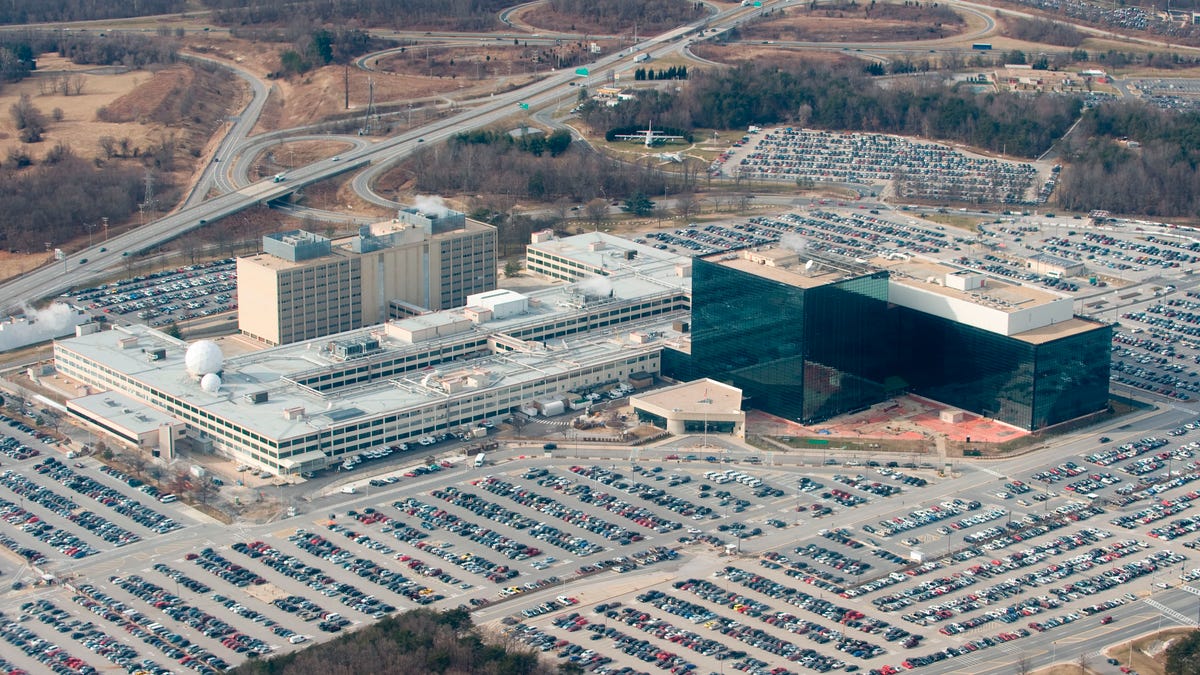Mozilla, EFF, ACLU rally public against electronic surveillance
The Firefox browser developer sets up a site to send e-mail to Congress urging changes to surveillance laws and an investigation to "reveal to the public the extent of this domestic spying."

Incensed at revelations of U.S. government surveillance programs, Mozilla, the Electronic Frontier Foundation, the American Civil Liberties Union, Reddit, and others have launched an effort called StopWatching.Us to marshal opposition to the secret programs.
"The revelations about the National Security Agency's surveillance apparatus, if true, represent a stunning abuse of our basic rights," the site says. "We demand the U.S. Congress reveal the full extent of the NSA's spying programs."
The site includes a petition that people can sign and send electronically. Other participants in the initiative include the American Library Association, the Internet Archive, the World Wide Web Foundation, Free Press, and Greenpeace.
Some of the surveillance plans came to light last week after leaks including a court order authorizing the government to gather extensive information on all Verizon calls and the PRISM program to obtain information from Internet companies. It's still not clear how automated the government's access is.
No doubt the organizations will be able to enlist many allies, but it's not clear how effective the effort will be. A poll from the Pew Research Center and The Washington Post found 56 percent of U.S. citizens think the NSA tracking phone records is acceptable as a way to investigate terrorists.
In a blog post, Alex Fowler, who leads Mozilla's public policy and privacy work, detailed Mozilla's objections. "Mozilla believes in an Internet where we do not have to fear that everything we do is being tracked, monitored and logged by either companies or governments. And we believe in a government whose actions are visible, transparent and accountable," he said.
Mozilla is best known as the developer of the Firefox Web browser, but it also pushes for standards, choice, and openness on the Web. "Our only commitment is to Internet users who rely on an open Web where content, imagination, trust, and innovation can thrive," Fowler said.
The organizations expressed their concerns in a letter to Congress. The full text of the letter is as follows:
Dear Members of Congress,
We write to express our concern about recent reports published in the Guardian and the Washington Post, and acknowledged by the Obama Administration, which reveal secret spying by the National Security Agency (NSA) on phone records and Internet activity of people in the United States.
The Washington Post and the Guardian recently published reports based on information provided by a career intelligence officer showing how the NSA and the FBI are gaining broad access to data collected by nine of the leading U.S. Internet companies and sharing this information with foreign governments. As reported, the U.S. government is extracting audio, video, photographs, e-mails, documents, and connection logs that enable analysts to track a person's movements and contacts over time. As a result, the contents of communications of people both abroad and in the U.S. can be swept in without any suspicion of crime or association with a terrorist organization.
Leaked reports also published by the Guardian and confirmed by the Administration reveal that the NSA is also abusing a controversial section of the PATRIOT Act to collect the call records of millions of Verizon customers. The data collected by the NSA includes every call made, the time of the call, the duration of the call, and other "identifying information" for millions of Verizon customers, including entirely domestic calls, regardless of whether those customers have ever been suspected of a crime. The Wall Street Journal has reported that other major carriers, including AT&T and Sprint, are subject to similar secret orders.
This type of blanket data collection by the government strikes at bedrock American values of freedom and privacy. This dragnet surveillance violates the First and Fourth Amendments of the U.S. Constitution, which protect citizens' right to speak and associate anonymously and guard against unreasonable searches and seizures that protect their right to privacy.
We are calling on Congress to take immediate action to halt this surveillance and provide a full public accounting of the NSA's and the FBI's data collection programs. We call on Congress to immediately and publicly:
1. Enact reform this Congress to Section 215 of the USA PATRIOT Act, the state secrets privilege, and the FISA Amendments Act to make clear that blanket surveillance of the Internet activity and phone records of any person residing in the U.S. is prohibited by law and that violations can be reviewed in adversarial proceedings before a public court;
2. Create a special committee to investigate, report, and reveal to the public the extent of this domestic spying. This committee should create specific recommendations for legal and regulatory reform to end unconstitutional surveillance;
3. Hold accountable those public officials who are found to be responsible for this unconstitutional surveillance.
Thank you for your attention to this matter.

